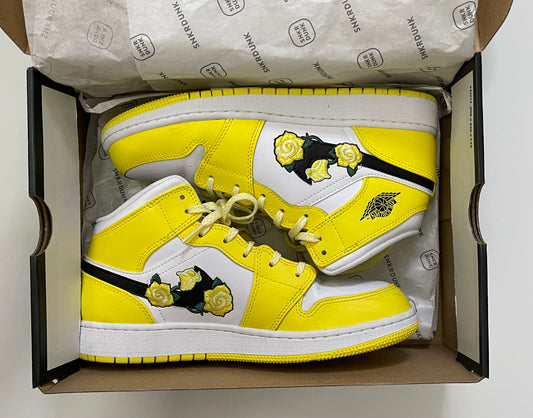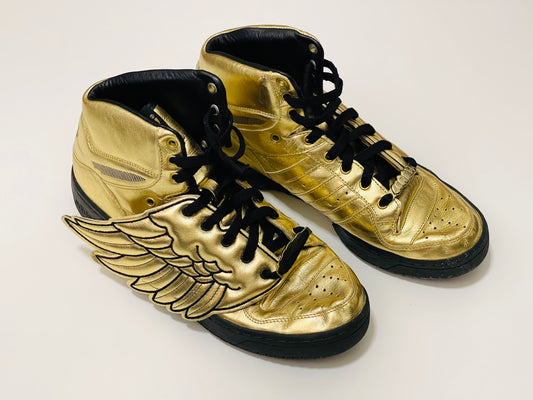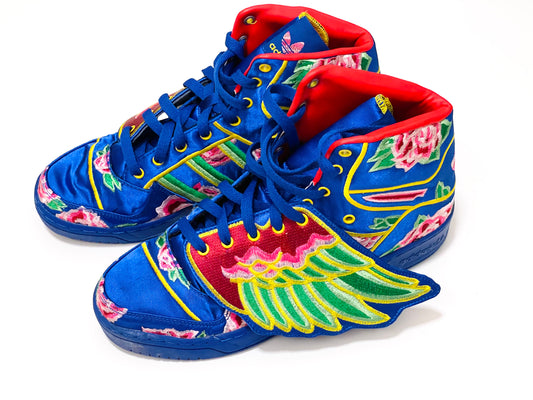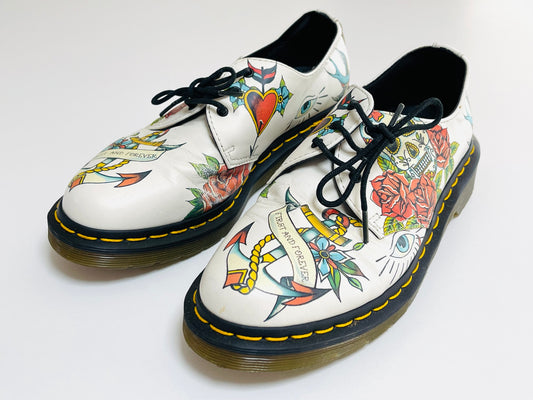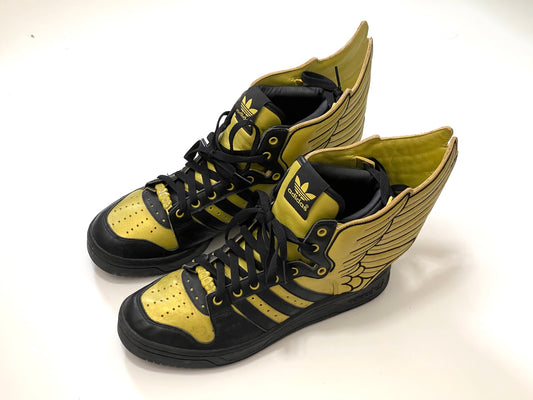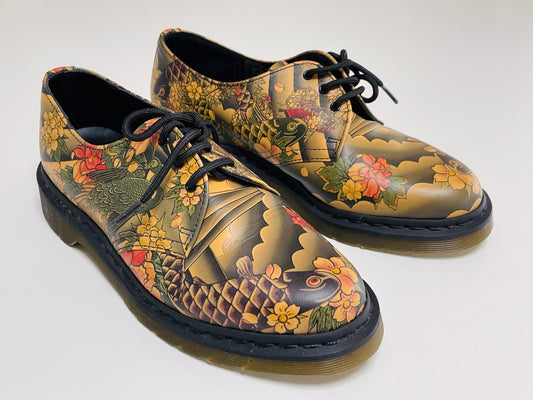Colección: Japan’s Hidden Sneaker Vault · Exclusive, Rare & Archived Pairs
Japan’s Hidden Sneaker Vault — Exclusive & Collector Grade
A curated vault of JDM exclusives, rare releases, vintage icons, and collector-grade sneakers sourced across Japan.
The Hidden Sneaker Vault is a curated archive of rare pairs found only within Japan’s unique streetwear ecosystem. From vintage Nike runners to New Balance Japan editions, collaborative releases, and unworn deadstock surprises, this collection highlights the exclusivity and rarity of Japan’s sneaker culture.
Each pair is evaluated for condition, authenticity, and collector desirability—bringing global sneaker collectors closer to Japan’s unseen inventory.
Within this archive, you may find:
- Japan-exclusive (JDM) sneaker releases
- Vintage Nike & New Balance models
- Collaborations with artists, designers & luxury brands
- Archived and deadstock pairs rarely seen today
- Asics, Mizuno & Onitsuka heritage designs
Whether you collect to wear or preserve, each pair reveals a story of innovation, craft, and Japan’s unparalleled sneaker culture.
Curated by Japonista, the sneaker vault bridges global collectors to Japan’s most coveted pairs.
Searching for a rare sneaker release?
For Japan-only drops, deadstock sizes, or collector-grade pairs, our Concierge & Cultural Sourcing Service can help you secure pairs hidden across Japan.
-
Dr. Marten’s Yakuza Tattoo Sleeve Design Koi Fish Boots Shoes ( UK 8 )
Precio habitual $618.18 USDPrecio habitual -
Yellow Nike Hi Cut Dunk Jordan 1 Embroidery Embroidered Sneakers Shoes ( Size : US 7Y Japan 25 cm )
Precio habitual $409.09 USDPrecio habitual -
Collectible Gold Leather Adidas Jeremy Scott Wings Sneakers Shoes ( Size : US 9.5 Japan 27.5 cm )
Precio habitual $636.36 USDPrecio habitual -
Collectible Blue Oriental Embroidery Adidas Jeremy Scott Wings Sneakers Shoes ( Size : US 9.5 Japan 27.5 cm )
Precio habitual $590.91 USDPrecio habitual -
Punk Rock Badass Rockabilly Pascal EA Asiana Dr. Martens Japanese Tattoo Art Irezumi Ed Hardy Christian Audigier Style Design Boots Shoes ( Size : US 7 UK 6 EU 38 )
Precio habitual $563.64 USDPrecio habitual -
Collectible Adidas Jeremy Scott Wings Sneakers Shoes ( Size : US 9.5 Japan 27.5 cm )
Precio habitual $436.36 USDPrecio habitual -
Punk Rock Badass Rockabilly Pascal EA Asiana Dr. Martens Japanese Tattoo Art Irezumi Skin Design Boots Shoes ( Size : US 8 UK 7 EU 41 )
Precio habitual $631.82 USDPrecio habitual


